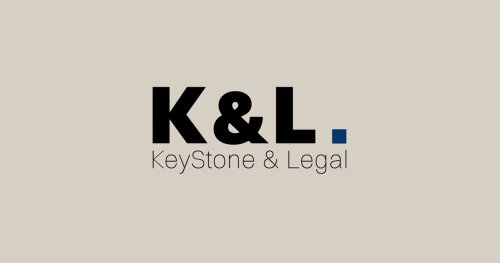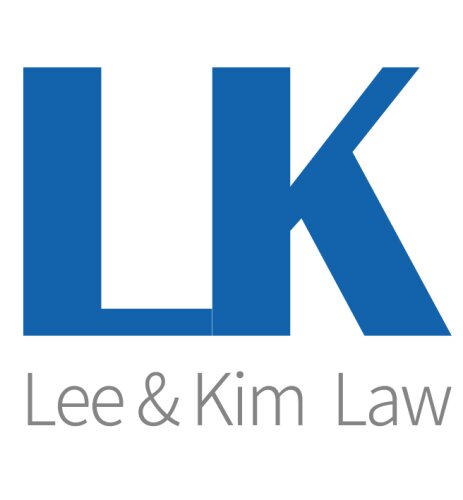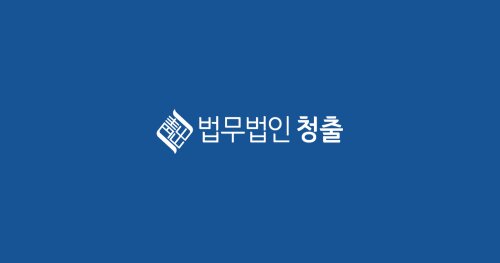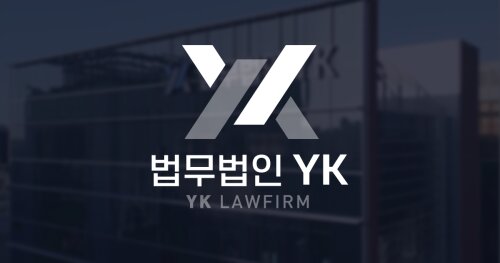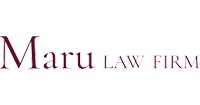Best Foreclosure Lawyers in South Korea
Share your needs with us, get contacted by law firms.
Free. Takes 2 min.
Free Guide to Hiring a Real Estate Lawyer
Or refine your search by selecting a city:
List of the best lawyers in South Korea
About Foreclosure Law in South Korea
Foreclosure in South Korea refers to the legal process where a creditor seeks to recover the balance owed on a loan from a borrower who has stopped making payments. This process usually involves the forced sale of the asset used as collateral for the loan. In South Korea, foreclosure laws are structured to protect both lenders and borrowers, ensuring a fair process is followed. The laws and procedures can be intricate, often necessitating the expertise of a legal professional versed in real estate and financial regulations.
Why You May Need a Lawyer
Several scenarios might prompt an individual to seek legal assistance in matters of foreclosure:
- If you have received notice of foreclosure and need to understand your rights and options.
- If you are a lender looking to initiate foreclosure proceedings and need to ensure compliance with local regulations.
- If you wish to negotiate with lenders for loan modifications or to explore alternatives to foreclosure, such as short sales or deed-in-lieu of foreclosure.
- If you dispute the amount owed or the legitimacy of the foreclosure action against you.
- If you require representation in court to defend against foreclosure actions.
Local Laws Overview
Foreclosure in South Korea is primarily governed by civil law, with the foreclosure process generally initiated through court procedures. Here are some key aspects:
- Judicial Foreclosure: This is the more common process wherein the court is involved to ensure fairness and transparency. It usually starts with the lender filing a lawsuit against the borrower.
- Deficiency Judgment: In some cases, if the sale of the property does not cover the outstanding debt, lenders can pursue a deficiency judgment for the remaining amount.
- Redemption Rights: Borrowers might have the right to reclaim their property by paying the full amount of the debt before the sale is finalized.
Frequently Asked Questions
What is the first step in the foreclosure process in South Korea?
The process usually begins with the lender notifying the borrower of a default in loan repayments, followed by filing a foreclosure lawsuit in civil court.
How long does the foreclosure process take?
The duration can vary but typically takes several months to a year, depending on the complexity of the case and court schedules.
Can I stop foreclosure once it's started?
Yes, there are options such as negotiating a repayment plan or loan modification, but these require prompt action.
What rights do homeowners have during foreclosure?
Homeowners have the right to be informed of proceedings, contest the foreclosure, and potentially reclaim their property through redemption.
Is it possible to negotiate directly with the lender?
Many lenders are open to negotiation, especially for loan modifications or alternative resolutions like short sales.
What is a short sale?
A short sale involves selling the property for less than the loan balance, usually with the lender’s consent, as a means to avoid foreclosure.
How can I challenge a foreclosure?
Challenging a foreclosure typically requires proving discrepancies in the lender's claim or contesting the validity of the mortgage agreement in court.
What are my options if I cannot afford a lawyer?
You might seek help from legal aid organizations or consult with firms that offer pro bono services for foreclosure defense.
Do tenants have rights in a foreclosed property?
Tenants have certain rights and may be entitled to notice before eviction, depending on the terms of their lease and local laws.
What happens to my credit if my property is foreclosed?
Foreclosure can significantly impact your credit score and remain on your credit report for several years.
Additional Resources
Several resources can provide further assistance and information:
- Korea Legal Aid Corporation (KLAC): Provides free legal counseling and representation for low-income individuals.
- Ministry of Justice of South Korea: Offers guidance on legal rights and processes related to foreclosure.
- Real Estate Associations: Local real estate bodies may have additional resources and networks of professionals who specialize in foreclosure matters.
Next Steps
If you find yourself needing legal assistance with foreclosure, consider taking the following steps:
- Consult a Lawyer: Seek a legal consultation to understand your rights and options. Ensure the lawyer specializes in foreclosure and property law.
- Gather Documentation: Compile all relevant financial and property documents that may be useful in your case.
- Explore Options: Discuss alternatives such as loan modification, refinancing, or redemption with your legal advisor.
- Act Promptly: Delaying can limit your options and increase the risk of losing your property.
Navigating foreclosure can be daunting, but with the right legal guidance and timely action, it is possible to manage and potentially resolve the situation favorably.
Lawzana helps you find the best lawyers and law firms in South Korea through a curated and pre-screened list of qualified legal professionals. Our platform offers rankings and detailed profiles of attorneys and law firms, allowing you to compare based on practice areas, including Foreclosure, experience, and client feedback.
Each profile includes a description of the firm's areas of practice, client reviews, team members and partners, year of establishment, spoken languages, office locations, contact information, social media presence, and any published articles or resources. Most firms on our platform speak English and are experienced in both local and international legal matters.
Get a quote from top-rated law firms in South Korea — quickly, securely, and without unnecessary hassle.
Disclaimer:
The information provided on this page is for general informational purposes only and does not constitute legal advice. While we strive to ensure the accuracy and relevance of the content, legal information may change over time, and interpretations of the law can vary. You should always consult with a qualified legal professional for advice specific to your situation.
We disclaim all liability for actions taken or not taken based on the content of this page. If you believe any information is incorrect or outdated, please contact us, and we will review and update it where appropriate.
Browse foreclosure law firms by city in South Korea
Refine your search by selecting a city.




